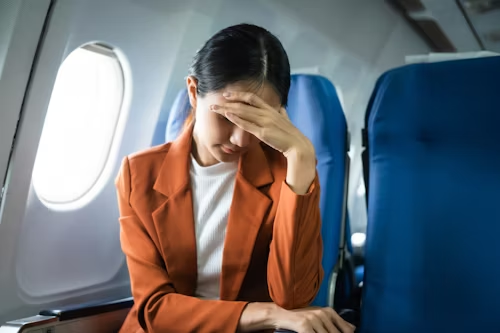How to File an Airline Complaint That Gets Results
Airlines do pay attention when passengers speak up. Most track customer feedback—both complaints and compliments—and use it to improve their services. They look for patterns, identify problem areas, and take steps to fix them. They also try to resolve individual issues when passengers report them.
Just like any other business, airlines have the freedom to decide how they handle customer problems. While air travelers have certain rights, compensation often depends on how you raise your concern. The way you communicate your complaint can directly affect the outcome.
Step One: Speak to the Airline First
Before reaching out to government agencies like the Department of Transportation (DOT), always give the airline a chance to fix the issue. Many problems can be solved at the airport. Airlines usually have Customer Service Representatives available who are trained to resolve common travel problems. They can:
-
Arrange meals or hotel stays for delayed passengers
-
Issue checks for denied boarding
-
Organize luggage repair
-
Settle small claims or service complaints
Step Two: Contact the Airline’s Consumer Office
If the issue isn’t resolved at the airport, contact the airline’s main customer service office. It’s best to call or write to their consumer affairs department. Here’s what to do:
-
Write down what happened as soon as possible after the incident
-
Keep a record of the names of employees you spoke with
-
Save all documents related to your trip, including boarding passes, baggage stubs, ticket receipts, and any receipts for extra expenses you had to cover
How to Write an Effective Complaint Letter
A clear, well-written letter can go a long way in helping your case. Follow these tips:
-
Keep it to one page and type it if possible
-
Include your contact number with area code
-
Keep the tone professional and avoid exaggeration
-
Clearly describe what happened: include dates, cities, flight numbers, and times
-
Attach copies (not originals) of relevant documents
-
Mention employee names—both helpful and unhelpful
-
Focus on the main issue; avoid listing minor complaints
-
Mention any extra costs or inconvenience you experienced
-
State what you expect from the airline: a refund, reimbursement, an apology, or other compensation
-
Be realistic with your expectations
Why This Matters
A strong complaint letter helps the airline understand what went wrong and how to prevent it in the future. When your complaint is specific, fair, and supported by documentation, it’s more likely to be taken seriously and resolved quickly.



